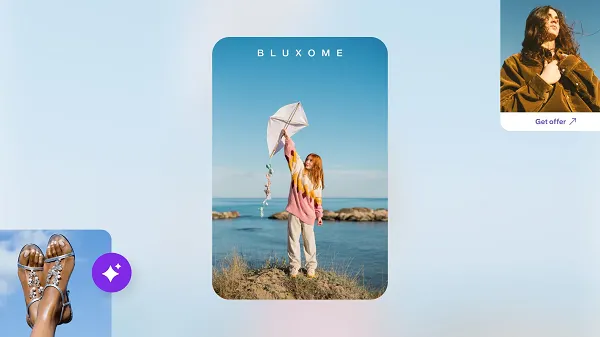Meet Meditation Teacher and Environmental Activist Brother Phap Dung
The senior teacher at the Plum Village community discusses his daily practice, why he enjoys meditation retreats, and the joy of sunbathing in a hammock. The post Meet Meditation Teacher and Environmental Activist Brother Phap Dung appeared first on...
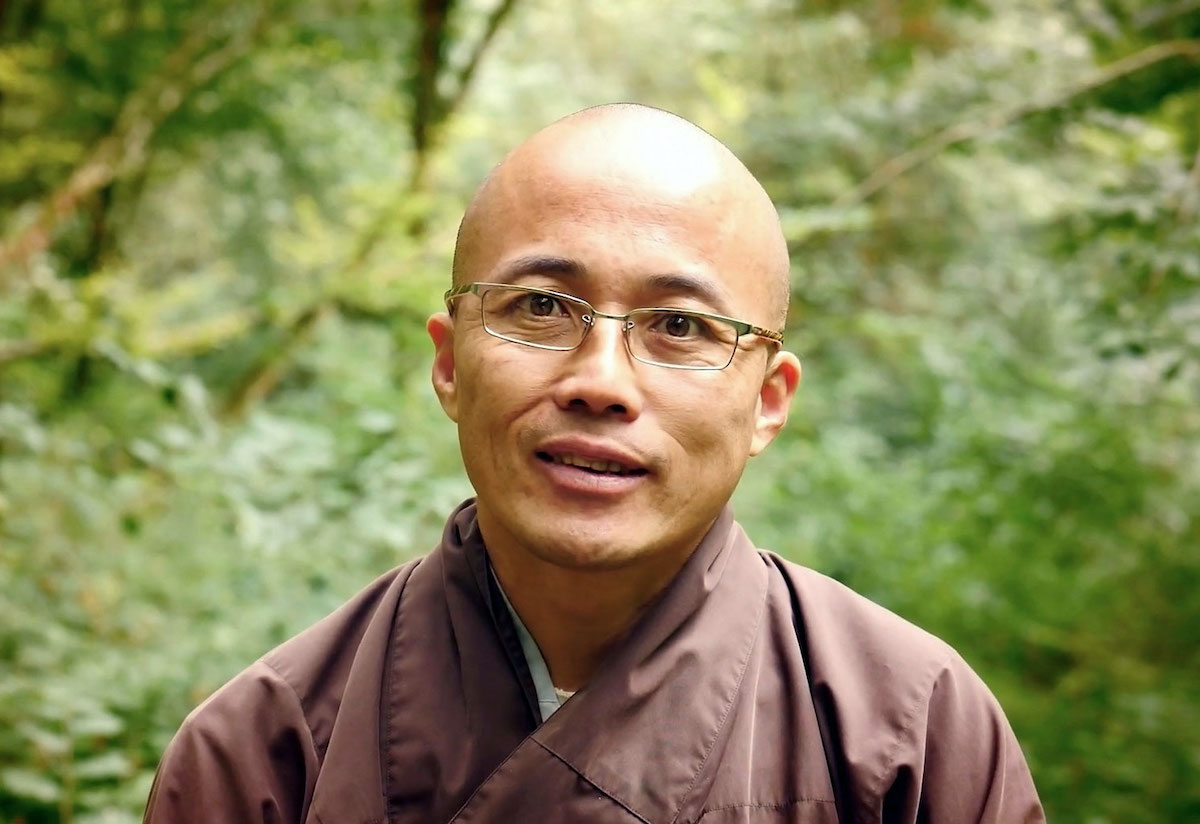
Trike Daily InterviewSociety & Environment
The senior teacher at the Plum Village community discusses his daily practice, why he enjoys meditation retreats, and the joy of sunbathing in a hammock.
Interview with Brother Phap DungApr 13, 2022 Courtesy Plum Village
Courtesy Plum VillageIn honor of Earth Day 2022, Tricycle is bringing together leading Buddhist teachers, writers, and environmentalists—including Joanna Macy, Roshi Joan Halifax, David Loy, Paul Hawken and Tara Brach—for a donation-based weeklong virtual event series exploring what the dharma has to offer in a time of environmental crisis. Learn more here.
Born in Danang, Vietnam, Brother Phap Dung escaped his home country with his family at the age of nine, and became a refugee in the US. The family settled in the Los Angeles area, where Phap Dung grew up and later studied architecture at the University of Southern California. After working in the architecture industry, Phap Dung felt compelled to “change his career,” renounce his worldly possessions, and pursue monastic life. So, after leaving the US for France, Phap Dung became ordained as a monk in 1998 under his teacher, Zen master Thich Nhat Hanh.
Today, Phap Dung is a senior teacher at Plum Village, and, when he’s not teaching mindfulness classes, he devotes himself to ecological activism. As a part of Tricycle’s upcoming Buddhism and Ecology Summit, Phap Dung will speak on a panel about sustaining emotional wellbeing in a time of crisis. Watch “Connection, Community, and Compassion: Resources for our Emotional Wellbeing” on Wednesday, April 20 at 1 p.m. EDT and find more events here.
***
Where did you grow up? I was born in Danang, Vietnam and at the age of nine escaped Vietnam with my family to America after the war. Our refugee family eventually resettled in the Los Angeles area, where I mostly grew up and started my career as an architect before leaving to France to become a monk.
When did you become a Buddhist and why? I became a Buddhist monk or, another way to frame it, changed my career at the age of 29 after working for about four years in the architecture industry. My family is Buddhist and I grew up going to the temples on Sundays like Christian people do for Sunday church service.
What’s your daily practice? I wake up at 5 a.m., light a candle, and brew some hot tea to drink before attending the morning sitting meditation and service. I then practice qigong before eating breakfast. Next, I usually offer classes, attend meetings, or do manual physical work depending on the day of the week. I would then practice walking meditation with my community before lunch. After a nap, my afternoon is another block of similar activities as the morning, followed by afternoon sitting and chanting service. After a light dinner, the evening is for studying and enriching our hearts before retiring to sleep.
How did you practice change during the pandemic? I traveled less and began to teach more online because our monastery hosted less or no retreats with in-person participants. I had more time to enrich myself with study in a variety of areas.
What was your longest retreat? In our tradition, our community hosts a three-month Rains Retreat every winter, where we stay in one place to practice and study. Other seasons, we either offer week-long or weekend retreats at the monastery or when we travel to other countries.
Best part about retreat? We can offer our experiences and learn from one another about our personal and collective suffering. We can then find ways to heal, care for, and thrive from this collective spiritual energy generated during a retreat.
Hardest part about retreat? It’s not so hard to enjoy a retreat in nature and with people with the same intention—to transform and better themselves and thus the world with their practice.
What’s the longest you’ve gone without meditating? How do you get back on track? Personally, how I see meditation is that there’s practice, and then there is the practice of non-practice, which is crucial for me and for the life force to flow and for true healing and transformation to take place on a deeper level.
Book on your night stand? Understanding Our Mind by Thich Nhat Hanh, which is the 50 verses on the Buddhist psychology of transformation.
What do you like to do in your free time? To hike into the mountains, find a secluded place, hang a hammock, and enjoy the embrace of Mother Nature and warmth of Father Sun.
Who is your teacher? Master Thich Nhat Hanh ordained me as a monk in 1998.
What non-Buddhist inspires you? Victor Frankl, Father Richard Rohr, Abraham Joshua Heschel, and Sir Roger Penrose.
Coffee or tea? Tea
Favorite subject in school? Math and art history
What was your first job? Selling roses for the holidays on street corners as a teenager.
What would you do if you weren’t a Buddhist teacher? An architect working for social change.

Get Daily Dharma in your email
Start your day with a fresh perspective

Explore timeless teachings through modern methods.
With Stephen Batchelor, Sharon Salzberg, Andrew Olendzki, and more
![]()
Thank you for subscribing to Tricycle! As a nonprofit, we depend on readers like you to keep Buddhist teachings and practices widely available.
This article is only for Subscribers!
Subscribe now to read this article and get immediate access to everything else.
Already a subscriber? Log in.
Brother Phap Dung is a senior teacher in Zen master Thich Nhat Hanh’s Plum Village community.

 JimMin
JimMin 












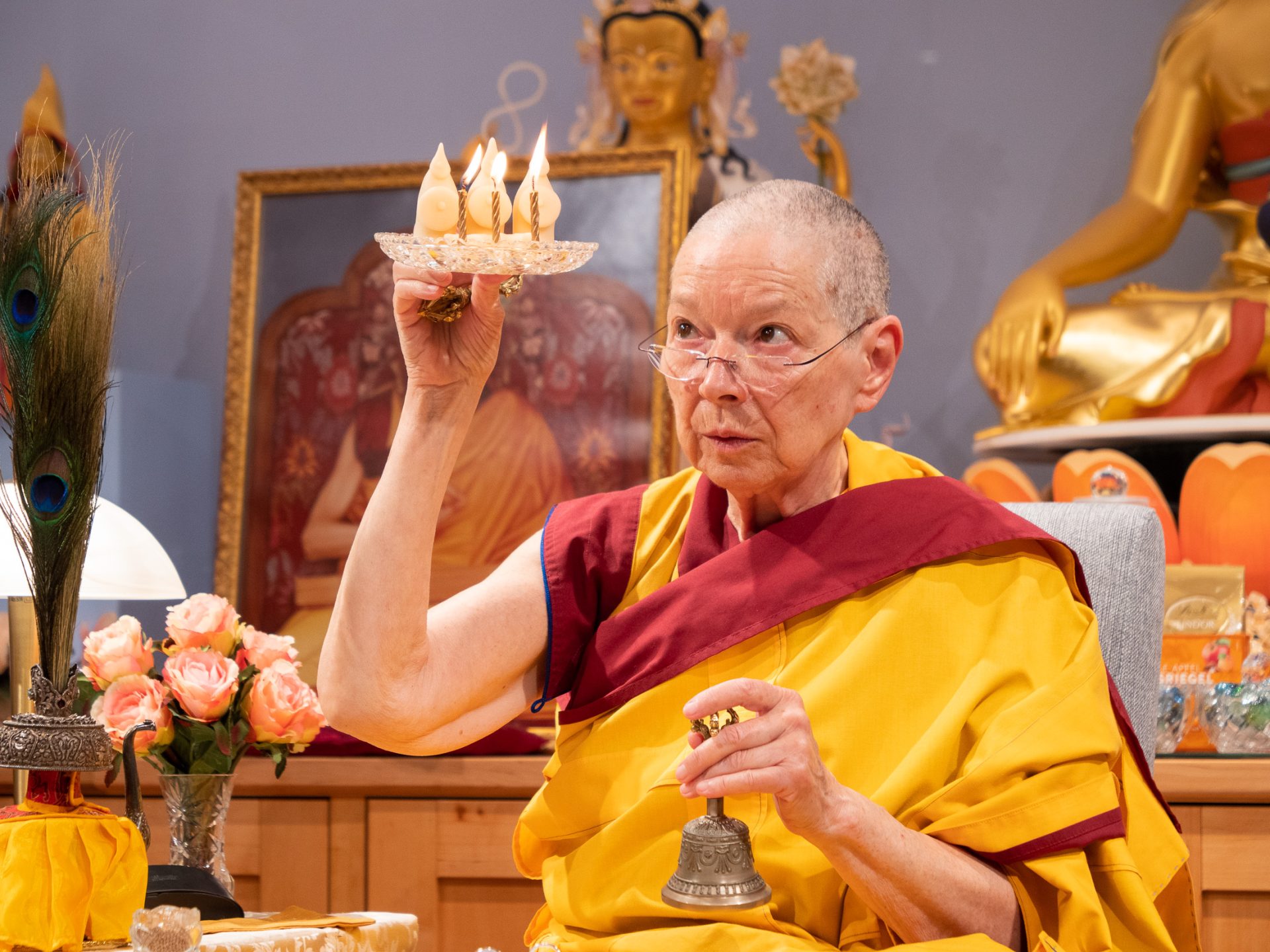










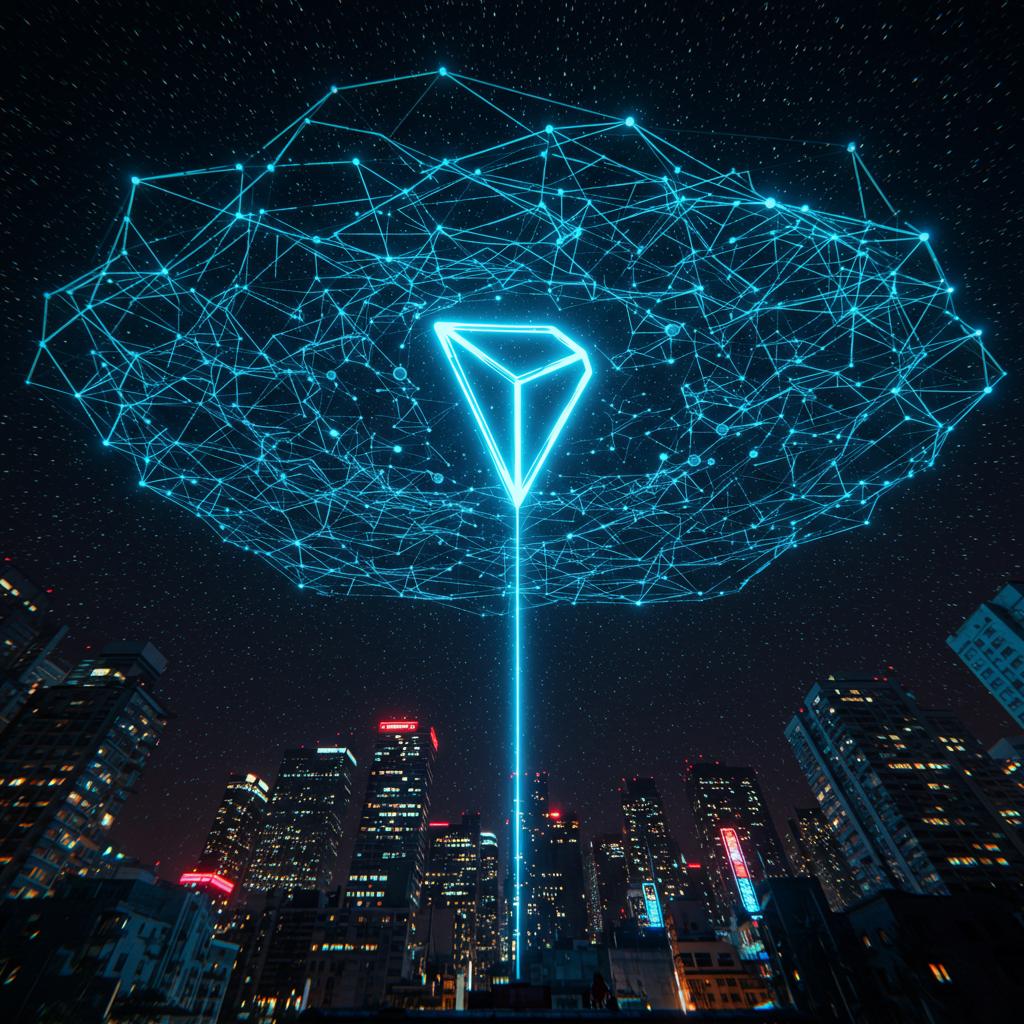





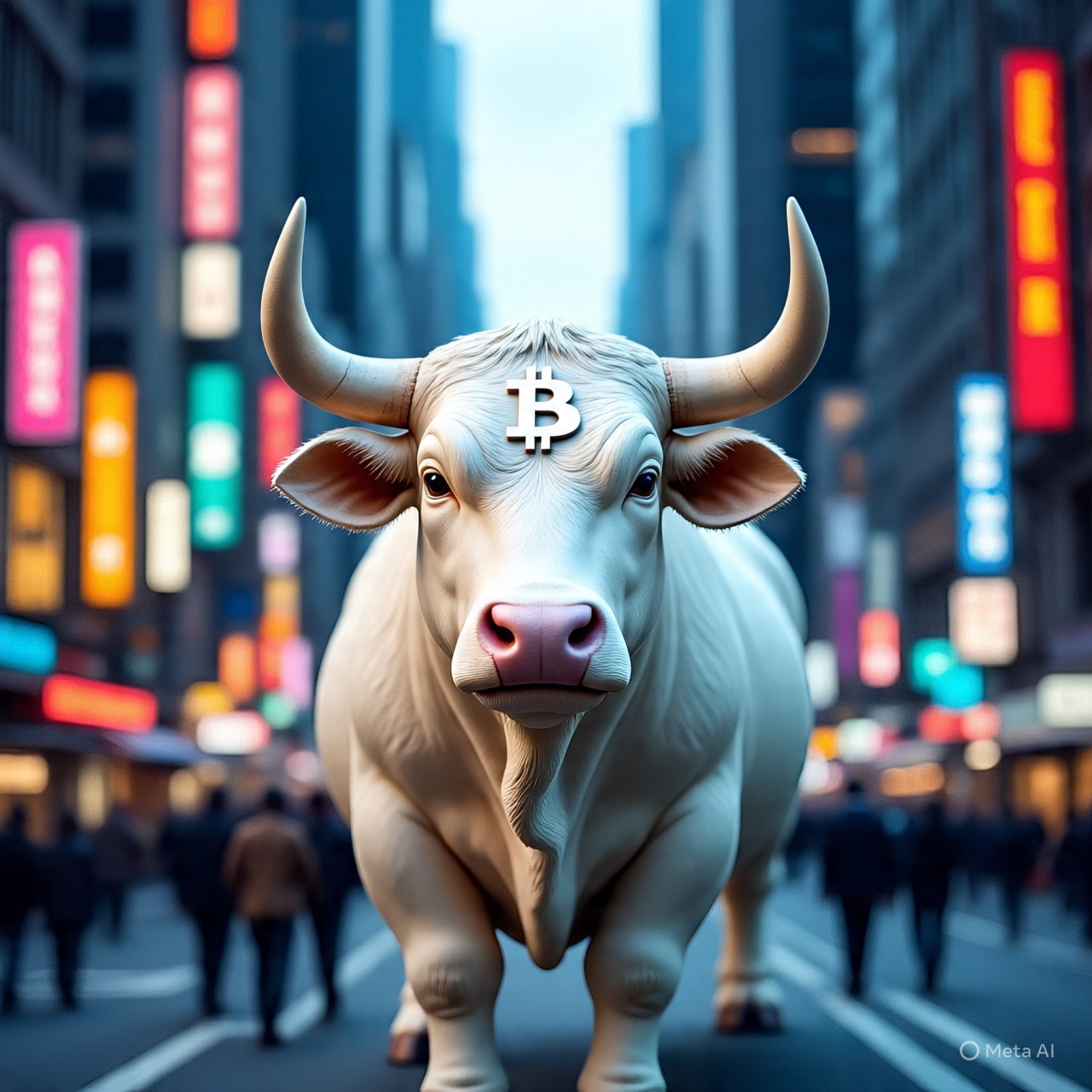
.jpg)
